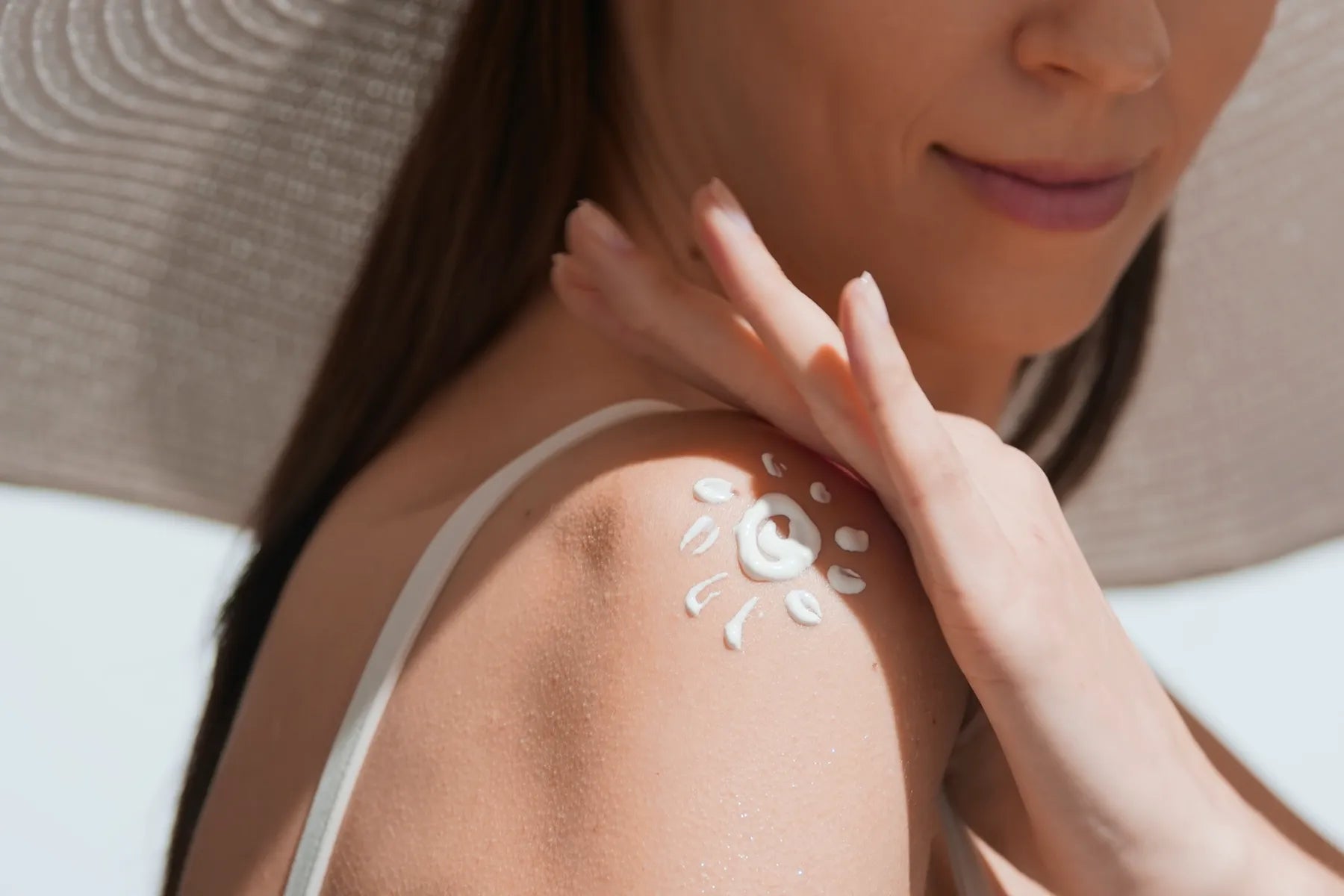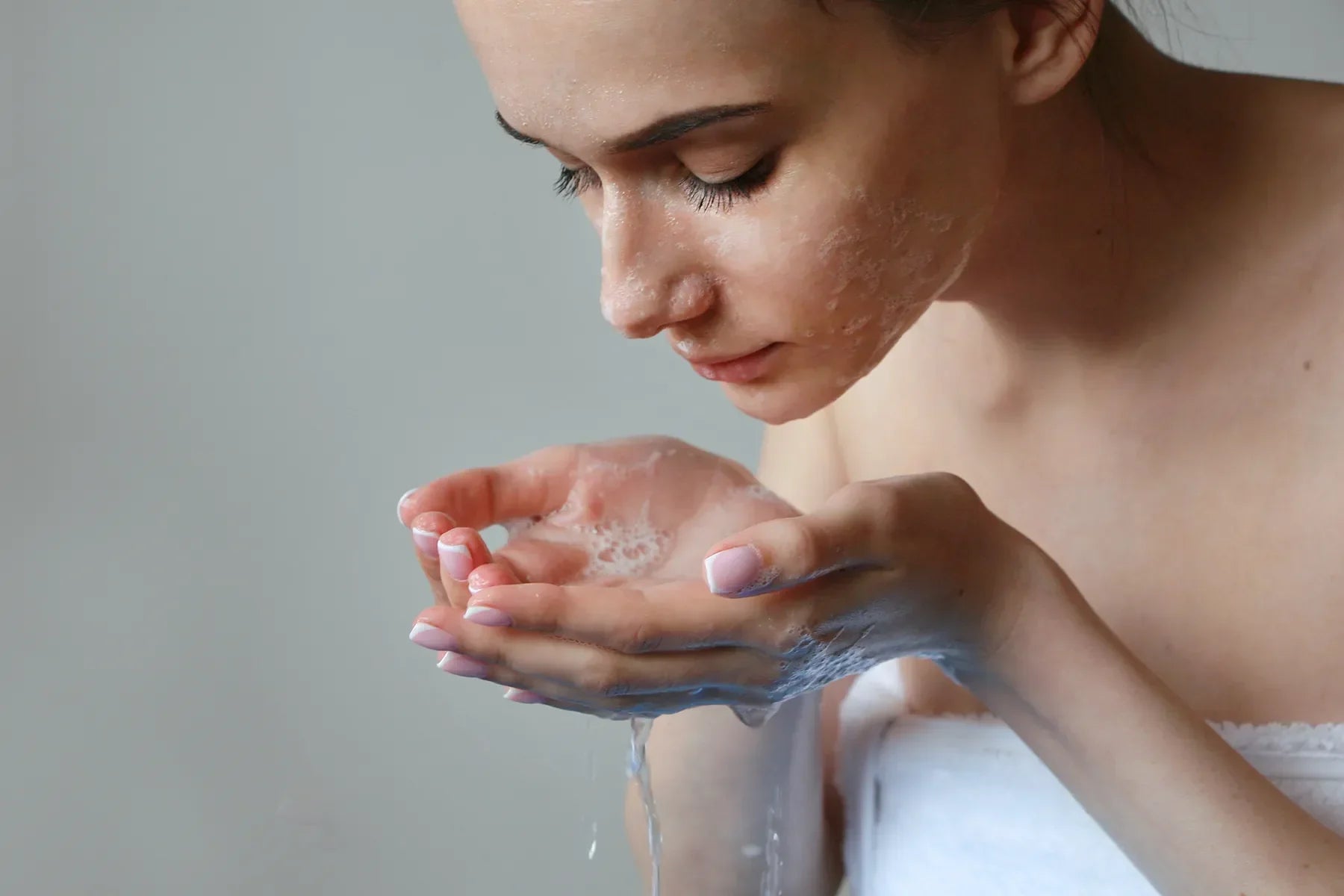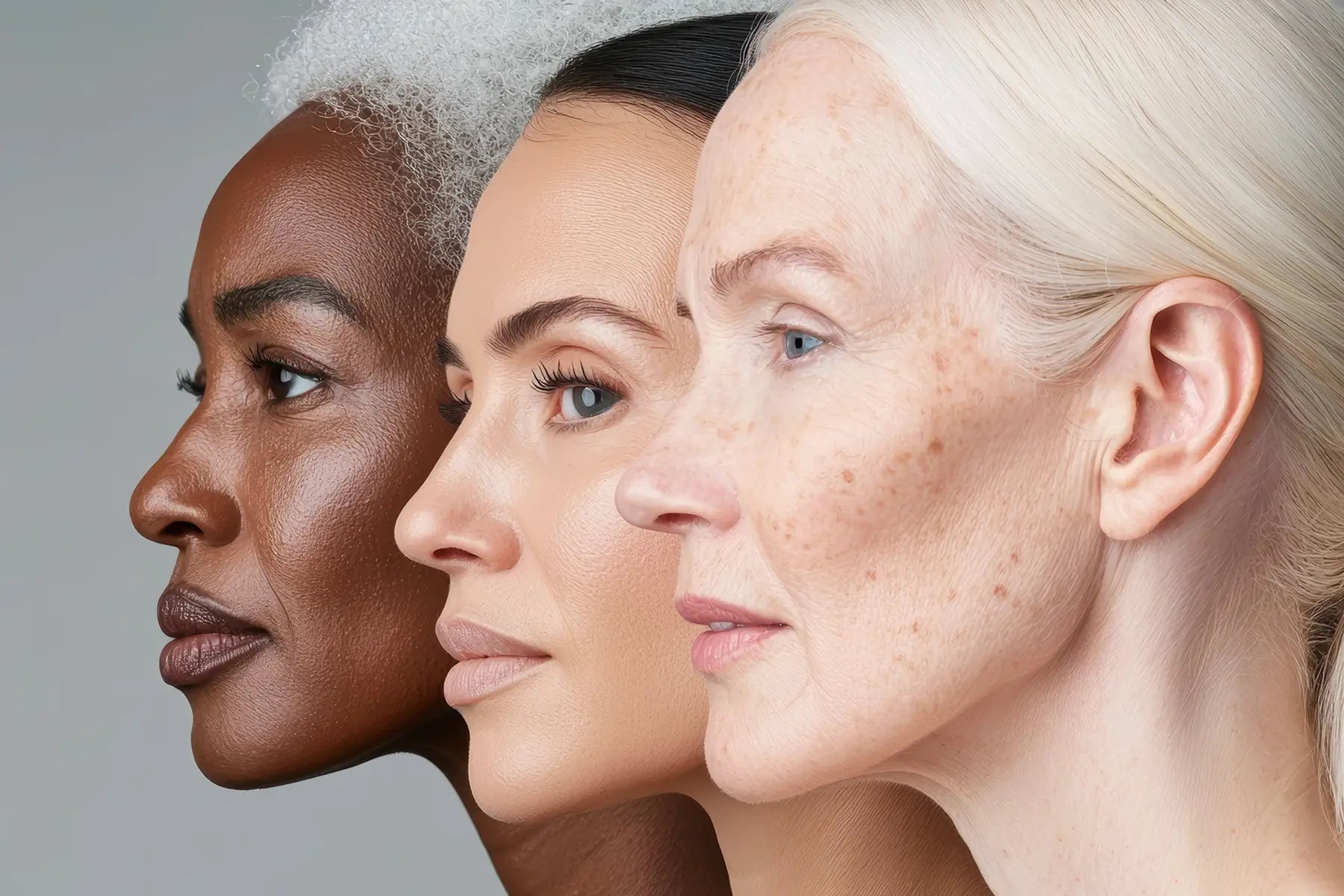When the seasons change, it’s a good time to think about expiration dates. One product you will want to check regularly is your sunscreen. The TGA sets the expiration, not the manufacturer, based on when the sunscreen was made and the ingredients in its formulation. The protective chemicals and minerals in sunscreen are tested by the TGA to establish when they will begin to breakdown and when they are no longer effective at the SPF range advertised on the packaging. Is expired sunscreen better than nothing at all? In a pinch, you can use a sunscreen for about a month after its listed expiration date. After that, you won’t be protected.
–––––––––––––
Let's face it, Aussies and sunshine go together like pavlova and summer barbecues. But before you head out to soak up those glorious winter rays, hold on a sec! Is your sunscreen past its prime? Just like your favourite thongs eventually snap from too many beach trips, sunscreen can expire too.
But why exactly does this sun-shielding potion lose its magic touch? Buckle up, mates, because we're diving into the science behind sunscreen and how to keep yourself safe in the sizzling Aussie sun.
Sunscreen Expiration: Say Sayonara to SPF Power
Imagine your sunscreen as a tiny army of shields, protecting your skin from the sun's sneaky UV rays. These shields come in two main types: physical and chemical.
- Physical Sunscreens: These bad boys, also known as mineral sunscreens, are packed with minerals like zinc oxide and titanium dioxide. Aspect Sun Tinted Physical Sun Protection is one physical sunscreen product that provides broad spectrum UVA and UVB protection because it literally sits on top of your skin, reflecting those UV rays away like a champion.
- Chemical Sunscreens: These work a little differently. Products such as Aspect Sun Envirostat On the Go helps your skin absorb UV rays, turning them into heat that's then released.
Now, the problem is, over time these shields can weaken. Here's how:
- Chemical Breakdown: Those UV-absorbing ingredients in chemical sunscreens can degrade, like a superhero losing their powers. This means they become less effective at stopping UV rays.
- Mineral Mischief: While zinc oxide and titanium dioxide are pretty stable, they can clump up over time, making it harder for them to evenly spread on your skin for full protection.
So, What Happens When Sunscreen Expires?
Think of expired sunscreen as a tired soldier. It might still be there, but it's not fighting as hard as it should. Here's what you might experience:
- Reduced SPF: That all-important Sun Protection Factor (SPF) number might not be as reliable anymore. This means you're more susceptible to sunburn and the nasties that come with it, like premature ageing and even skin cancer.
- Uneven Coverage: Clumpy minerals in expired physical sunscreens might leave patchy areas on your skin, exposing you to harmful UV rays.
Can You Use Expired Sunscreen in a Pinch?
We hear you – sometimes you forget to check the expiry date and that beach trip is calling your name! The truth is that there is no hard and fast rule on how long an expired sunscreen is safe to use. We recommend you use good sense:
- Shortly Expired: If it's just a month or two past the date, it might still offer some protection. If you must use it, it’s best to be cautious as to its efficacy and to reapply it more frequently.
- Way Past Its Prime: If your sunscreen has been sitting in your beach bag since last summer, ditch it! It's highly likely it's lost most of its effectiveness and could leave you burnt.
The Safe Bet: Fresh is Always Best
Look, avoiding sunburn with the proper use of sunscreen is a no-brainer and well worth the effort! Protecting your skin keeps it beautiful and healthy and skin-cancer averse. Want to be known as your local sunscreen-savvy guru? Do the following and share these philosophies with others:
- Check the Expiry Date: Before each summer, do a sunscreen inventory and toss any that are past their prime.
- Buy the Right Amount: Don't stockpile sunscreen – buy what you'll use in a season.
- Store it Right: Keep your sunscreen out of direct sunlight and extreme heat. Think cool, dark places like a cabinet or drawer.
- Be Generous with Reapplication: Even the best sunscreen needs a top-up every two hours, especially after swimming or sweating.
That’s the long and short of sunscreen expiration dates. If you have any questions, we invite you to talk to the experts at Austin Skin to gain a better understanding of sunscreen expiry dates and how you can make smart choices to keep your skin happy and sizzling … in all the right ways!







